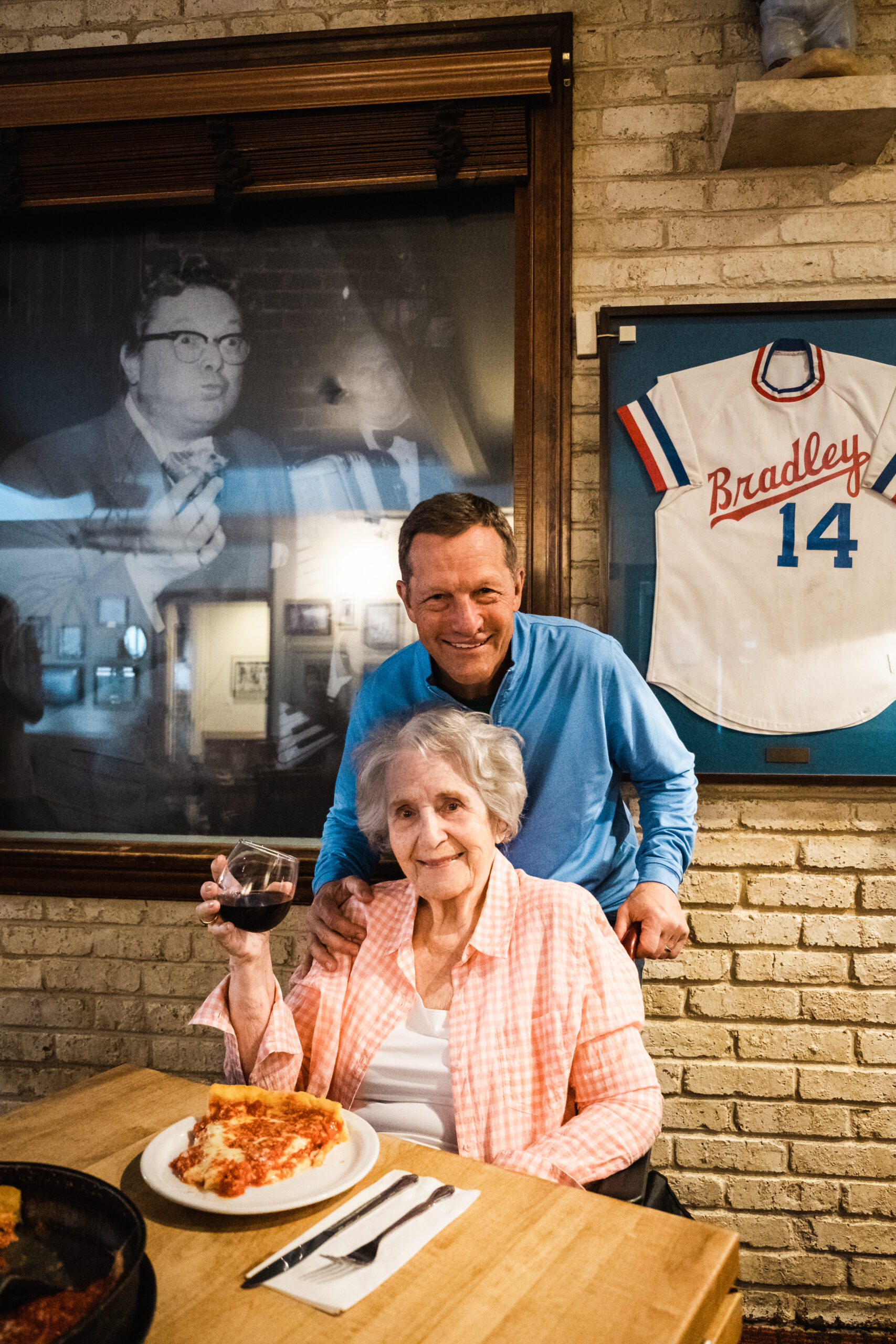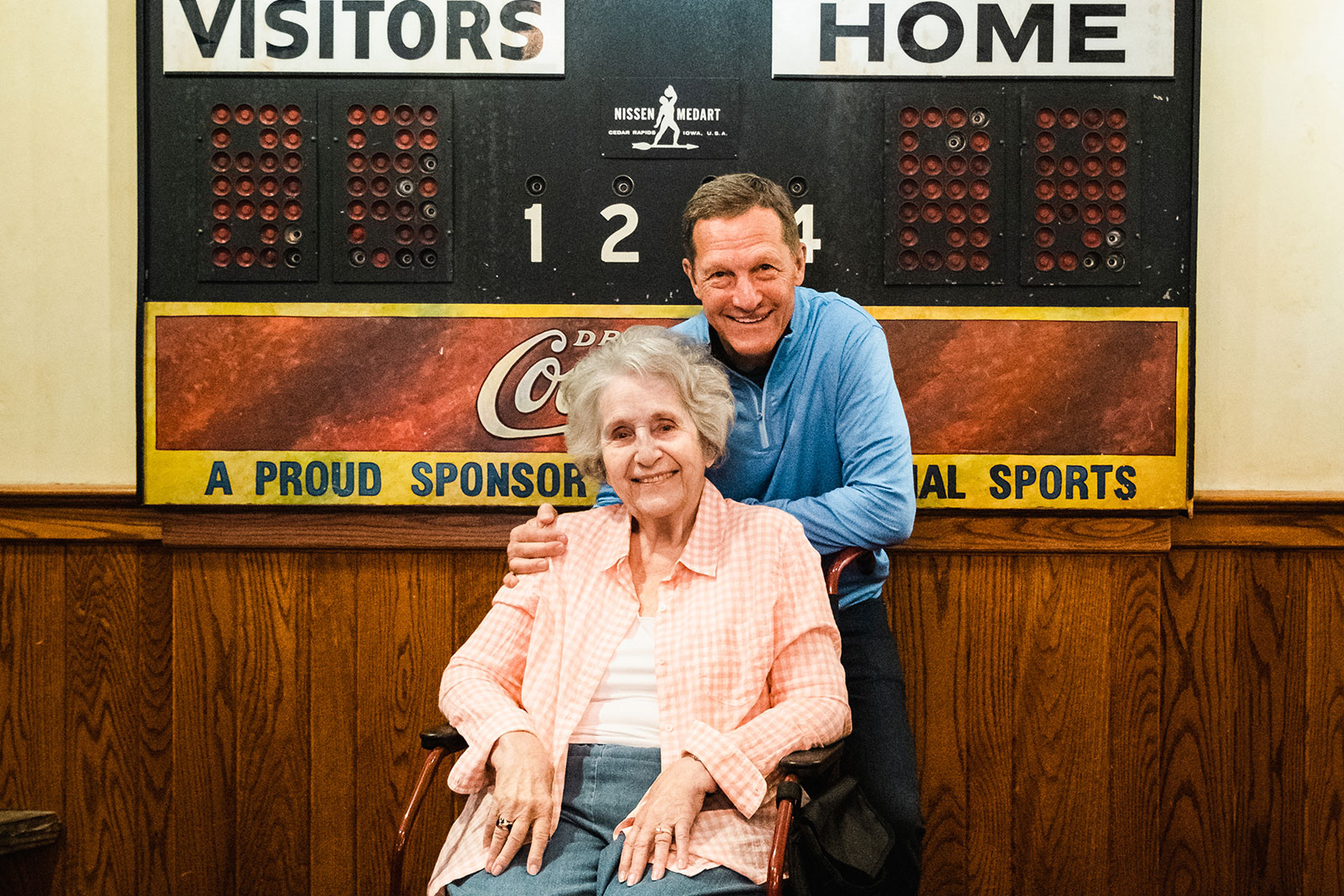As told to Britt Julious
My parents were very generous people, always seeking a way to help someone or give back.
MARC: Well, it originally started as a football scholarship to Wake Forest, under Brian Piccolo’s name. My parents (Lou and Jean Malnati) had befriended a lot of the players from the Chicago Bears team in the ‘60s and ‘70s, and Brian Piccolo was one of those guys. When he died, they got together with their friends, Jeannie and Johnny Morris, and decided to have a big party. [The restaurant] had been open only six months, maybe.
JEAN: We were raising more money than needed for the scholarship, so we started giving the rest to cancer. We picked Northwestern, and then we got a lot more familiar with them when Lou got cancer. He fought and they were wonderful. We knew everybody on the cancer floor, so Lou felt at home when he went down there. After Lou died, we changed the name to the Lou Malnati Brian Piccolo Cancer Fund, and then we eventually just had it become the Lou Malnati Cancer Benefit.
Hopefully, we’re gonna have our 50th anniversary party for the charity on September 10. Of course, I didn’t want to be left out. So in 2013, I was diagnosed with cancer. But I am lucky. I was able to get over [the] cancer and I’m still here.
MARC: Four years ago, my brother and I wanted to say we’ve been pretty blessed from a business standpoint. We wanted to do something to commemorate the effort and the life lessons our parents taught us about giving back, so we named the Lou and Jean Malnati Brain Tumor Institute at Northwestern Medicine. Brain tumor research is a notoriously underfunded area of the Lurie Cancer Center. We’re a family that’s been touched by cancer and really joined the fight and tried to use our resources to get our friends and neighbors and those who support to jump in with us.
JEAN: If we can find out what causes the glioblastomas and if we can get some kind of relief, that’ll be wonderful. If we could say we don’t have to have the charity anymore because they don’t need any funding—that would be the goal. We could still have the party, [but] we could celebrate.








